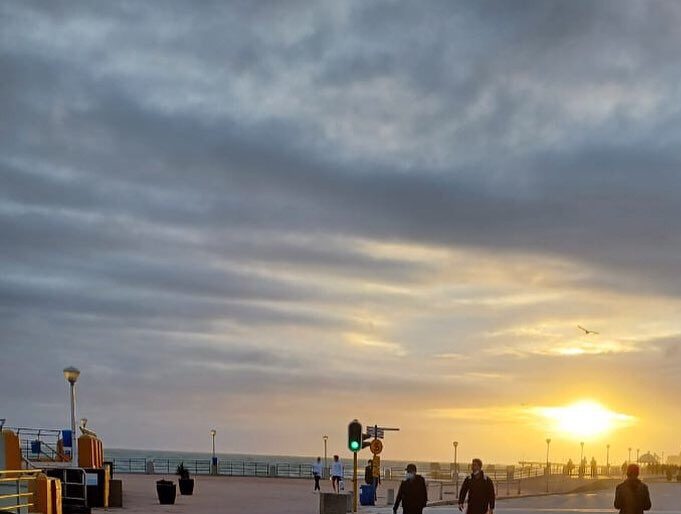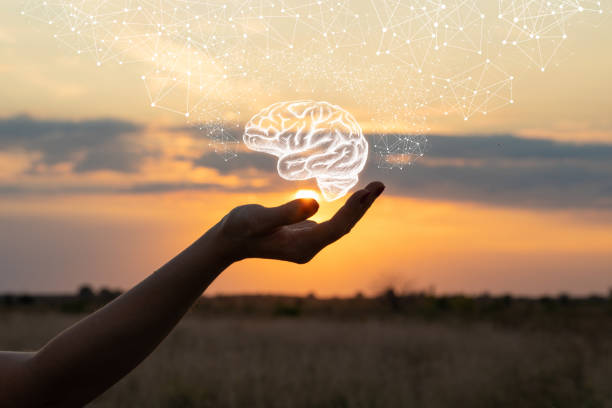Who knew what we’d have to face?
I know many of us are upset with how things are at the moment – the lockdowns, the masks, sanitizing, temperature checks, cleaning groceries when they get home, spraying your shoes, staying ‘safe’, etc. With all of these added daily to-do’s, the human minds have been stretched.
We still have to keep our jobs, manage our sleep & nutrition, hold our family together (what that means for you), start a family (if you’re at that stage in your life), climb the corporate ladder or grow your business, try to stay fit & healthy, & deal with everybody’s fatigue from the last 21 months. Yes… It’s been 21 months!
My 21-Day Lockdown Experience
I was living with my mom & clocking in around 1500km/week to see clients around Gauteng at that time, March 2020. The dreaded month no one I know has really reflected on or thought about because it was probably quite a traumatizing time. So before you carry on, grab a notebook or diary & jot down a few things that happened in March/April 2020 (pre- or in-lockdown) that you never thought would happen. Here’s mine:
- The Covid-19 Pandemic hit South Africa like a nuclear bomb – many were skeptical of it even hitting our shores
- I did mini-triathlons in the garden until it got too cold to swim… but I think I managed 15 straight-days (not like the insane runners that did thousands of laps ONLY running – thank goodness for multisport!)
- There were almost no cars being driven, zero flights happening, & limited grocery shopping (actually panic buying was quite evident – I remember walking the isles thinking, “What do I need for this thing?” So I remember buying a bunch of non-perishable groceries & a distinct giant bottle of Dettol which I planned to use to clean everything with – little did I know Sanitizers would rule the disinfectant market until now…)
- By 15th March 2020, our country had 61 confirmed cases, after the first case was detected on the 1st of March
- The 18th of March earmarked the 21-Day Nation-Wide Lockdown – only “essential services” were allowed to continue operating
- Spending entire days with my mom when we would only see each other for a couple of hours – bumping heads was a common occurrence
- I had to sit for hours figuring out how to shift my business online, probably only getting 4hrs of sleep per night
- Applying for TERS was, to my surprise, an actual possibility because I knew nothing about these things
- Alcohol & cigarettes were BANNED from distribution (not that they weren’t accessed… but still!)
- … then the Lockdown was an extended 2 weeks – unbelievable, right?
There’s so many shared experiences here and I’m thankful for having that time with my mom. Our relationship has grown since then (not that it was bad), but we really had to learn to compromise & understand where each other was coming from.
My heart pains to think that people in abusive relationships had to endure those on a whole new level, some people just drank those 21-days away, others faught to hang onto their jobs which they lost a few months later because the company liquidated or whatever happened, and so on. Tough times doesn’t even begin to explain this.

Where did the sporting world go?
Sport &/ recreational activities were NOT a priority in this time. There are some people who were athletes before & are no longer, maybe will never be again. Suicide rates have spiked in South Africa (here’s a News24 Article). I can’t help but wonder if the limited opportunity for & access to sport in this time have been a major cause for this?
I ran a swimming program at a school which we still haven’t been able to reinitiate “as a result of Covid-19 restrictions”. In all honesty, it’s a shame for any school to continue to limit the opportunity to have a structured sports program at their school.
Parents are stressed about work & trying to keep themselves afloat, playing with their children through sports has definitely been limited over the last 21 months. Not only that, but their health has been impacted by the lack of activity.
Before the pandemic, there was a trend of people moving towards eSports – not just a handful of people, hundreds of thousands. Why? Fantasy sports is ‘easy’ on the body. Yes, the mind is engaged but the body doesn’t have to do much. It’s an easy alternative for people with an injury or health condition to jump to. Unfortunately, if you’ve watched a zombie-ish movie called Warm Bodies, you’ll know that there’s nothing like sitting with a friend/loved-one just chatting & sharing what happened that day/week/month/year.
Sport is an opportunity to connect & share learned or new experiences with others. Where has that gone?
How did Covid-19 impact Mental Health Care (MHC) in South Africa?
From the discussions I’ve had with the team at SAFMH, as well as listening in on some of their webinars, there has been a radical exposure of the limited resources allocated to MHC both publicly & privately. Everyone has a brain, therefore everyone is impacted by mental health – directly & indirectly.
You can checkout the YouTube video the SAFMH has shared concerning the Speak Your Mind (SYM) campaign here:
Here’s a scenario for you:
Your mother/father needs to go to the hospital for an operation. Let’s say a double-bypass heart surgery. You can’t go see them before or be there for when they wake up. Only one visiting person is allowed AND they need to be a close family member, as a result of Covid-19 protocols.Think about (a) how this is going to affect you, (b) how it’s going to affect them, & (c) how does this affect the doctors/nurses if the family isn’t close & they have to change course or communicate with you via telephone while you’re at home waiting to hear how it’s going?
Thought Exercise
Health Care Practitioners are also humans. They also feel & they’ve had to deal with these scenarios over the last 21 months. The MHC system is not in order on a policy level from government but also as far as community-based organizations that simply don’t have the resources or skills to manage with the load.
When we got in touch with SAFMH, they were inundated with calls/queries to their HelpDesk because of the need for access to effective MHC. This is as a direct result of the pandemic & is something they are working on solving because traumas are happening every day.
Where is the sporting world going?
Despite many programs being discontinued, the “higher-stakes” sporting programs have continued – especially for performance sport. I can only imagine the challenging conversations being had off-the-field to acquire facilities that don’t want to open themselves up to being a spreader.
For children’s programs it’s seemingly easier to get going but once the programs are geared to older teenagers & young adults, or even recreational adults, it becomes a bigger challenge. It appears there’s no amount of protocols one can put in place, we can only implement & adapt.
In addition to this, at a grassroots level the top 3 sports in South Africa seem to have very little problem getting traction & they’re all team sports: Rugby, Soccer, & Cricket. Interestingly, cycling seems more popular than running & golf is an obvious choice for the working population.
From the conversations I’ve had, most of the sports clubs have started creating their own challenges/events & people have just lost interest or motivation because of the unexpected cancellation of events.
Surely people should do sport for enjoyment, as a stress-reliever, to optimize their physical health, & to socialize with others? I reckon it’s a mindset challenge. How do we change that? I’m not sure at this stage but I hope with our surveys, we’ll be able to create some valuable programs or resources for athletes in the future!
What’s in the future for MHC?
Shayni, Project Leader for Advocacy & Awareness at SAFMH, chatted with me about some exciting things they’re working on! Unfortunately, I can’t disclose too much.
What I can share is that they’re working closer with government on developing an effective policy for MHC in South Africa – yes, it’s going to be challenging & difficult to navigate when the standard health care system is already under pressure, but we trust their efforts won’t go unnoticed!
Something else they’re looking into is collaborating better with schools & companies to implement effective screening opportunities in the school-/work-place, as well as develop an inclusive method of educating people about the importance of “staying on top of your mental health”.
So what I did after our chat is put together a list of ways you can help yourself/community:
- Be Open – Share your experience of mental health challenges with those around you. Invite people to activities you participate in & enjoy. They might not come, but an open invitation is an opportunity for change.
- Be Aware – Know the people in your community that can help those in need, such as a trusted counsellor. Find out about how to put people in touch with them – ie. don’t just WhatsApp their number to the person in need. Maybe you need to check if that person wants help first… Also, find out what to look out for as ‘issues’.
- Be Listening – If/when people open-up, be attentive & sensitive. They may just need to share their experience, then they’ll be okay.
- Be Optimistic – I’m not saying “just be positive”. Be hopeful in a brighter future for them (& for yourself) even if they’re in a ditch right now.
I hope through campaigns like this we can all make a difference!
Remember to comment at the bottom & share your experiences, as well as this post with some people in your vicinity!
Be safe out there!
If you need or know someone in need of help, please email info@safmh.org.

